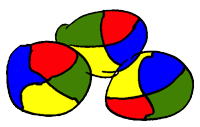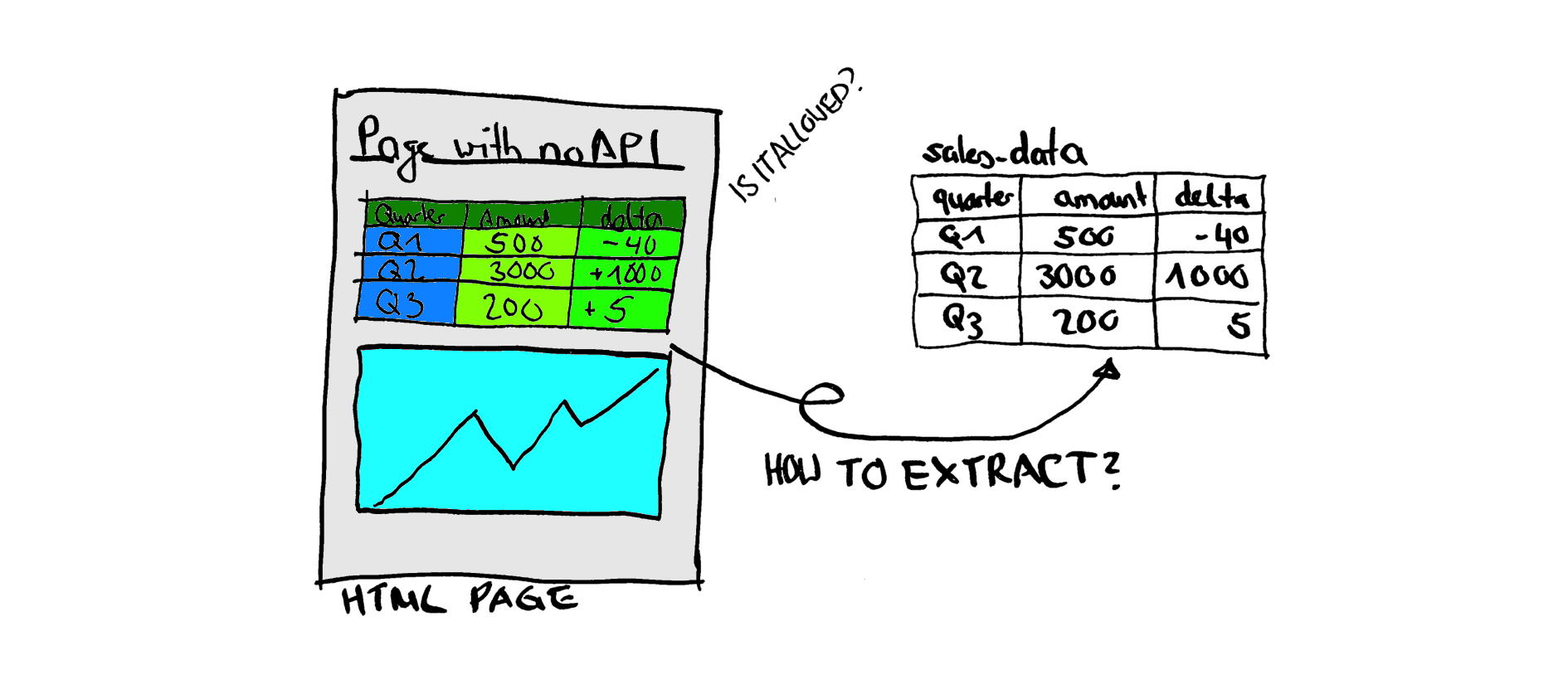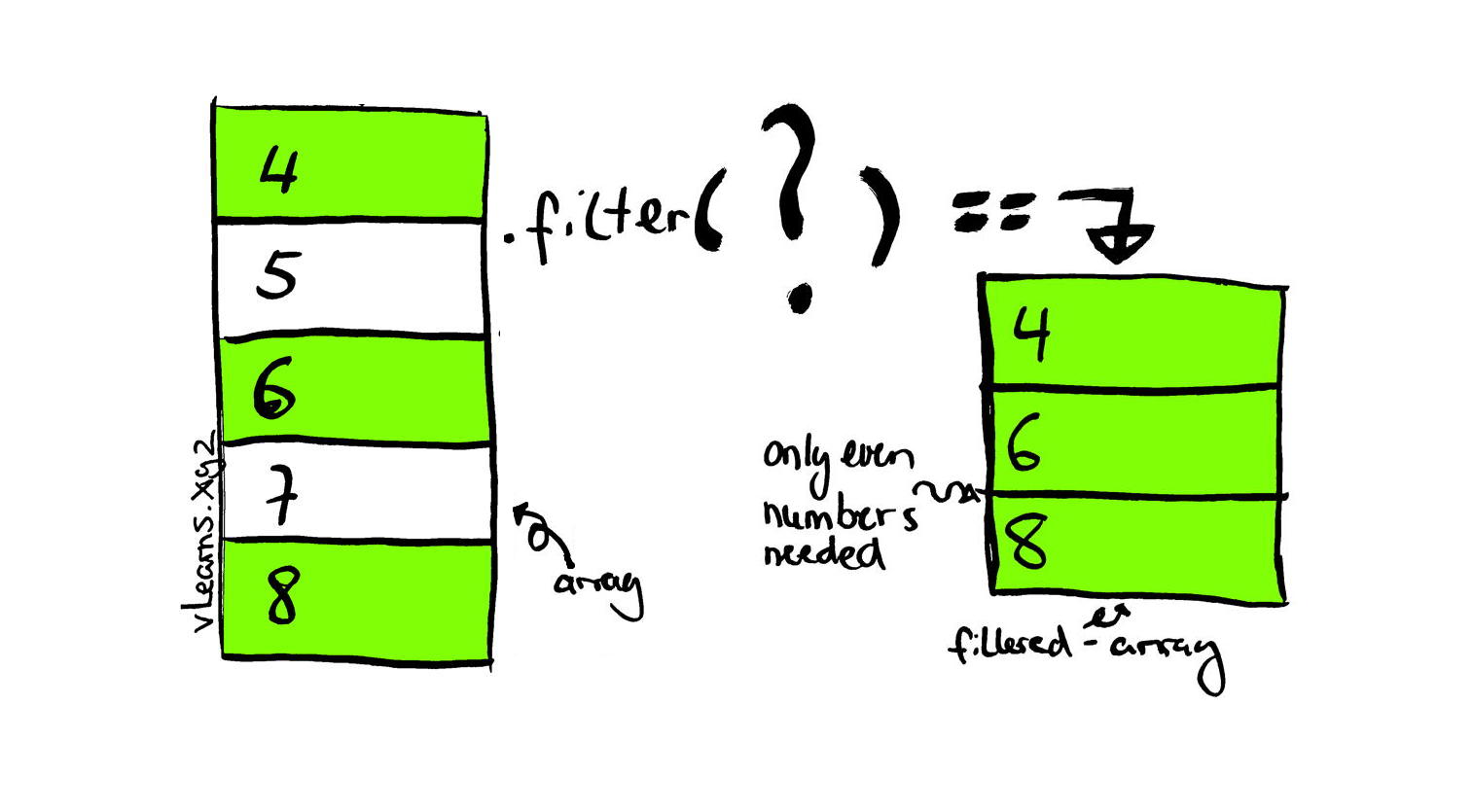When I work or research a topic I have no experience with, I notice that after some hours, I get super tired and can’t focus on the problem anymore. My brain gets tired, and I’m only capable of doing simple administrative tasks or work that I’m very familiar with.
As I get older, I feel the brain fog a lot more often. I used to be able to code for hours plus every day without fail, but lately, I struggle even to get five hours of focused work. It can even get dangerous when I want to drive a car at the end of the day.
Tip 1: Drink a lot of water
Make sure you drink a lot of water – have a glass of water on your desk so you can regularly drink a sip. Hydration matters a lot. And an additional bonus is, that you need to refill your glass often, which gives you another short break where you move your body by walking to the faucet to refill your glass.

Tip 2: Listen to music
Put your headphone on and put on your favorite album, and start listening to it. For me, this helps with keeping my focus and not being so distracted from my surroundings. Something I usually don’t have a problem with. But sometimes there are just these days. And immersing myself in my favorite music helps.
And I would recommend music, not a podcast, in this situation! As the speaking would already be too distracting again.
Tip 3: Take a short meditation
Lay back in your seat and close your eyes and relax. When you struggle to shut down your mind in this situation, you can try a guided meditation session from a service like Headspace.
The crucial part of this tip is that you don’t think about your work and relax your brain. When you don’t want to do this at your desk, you could move into a small meeting room – or go to the toilet if there is no other free room. It’s not the nicest place to be, but your eyes are closed anyway.
Tip 4: Taking a nap
Sometimes nothing else will help. And you just need a short nap. Unfortunately, we’ve socially connected sleeping during the days as laziness. So, when you don’t want to do this in the office, you could use your car (if you have one). Or go outside into a park. And if you are WFH
Sleep stage 1 typically lasts about 10 minutes while stage 2 lasts another 10 minutes. That makes the 20-minute “power nap” an ideal practice
Tip 5: Take a longer break
Sometimes only an extended break helps with brain fog. When you are in the lucky position to manage your own time, you can stop working for the moment—and, depending on your head state, start working again in the evening after you’ve done something else. Having an hour or two of pause can do wonders to your brain. You need to do something not head related in your break for this to work the best!
I found that watching some entertaining YouTube videos or some Netflix helps the most in such moments. Sometimes I can also read a book, but this highly depends on the book.
Bonus Tip: Juggling. Seriously.
This is my go-to activity to focus on my work. Whenever I think about a problem, I take my juggling balls out and walk around the office while juggling. I understand that this is not a skill to quickly implement hence it being a bonus tip :-)

I hope this post gave you some new ideas about your options, and when your brain starts to fog up the next time: try one of these tips. I hope this post provided you with value and you liked reading it. If you want to get notified about further writing from me, I would appreciate it if you sign up for my mailing list with the form below.
-
working from home ↩︎


